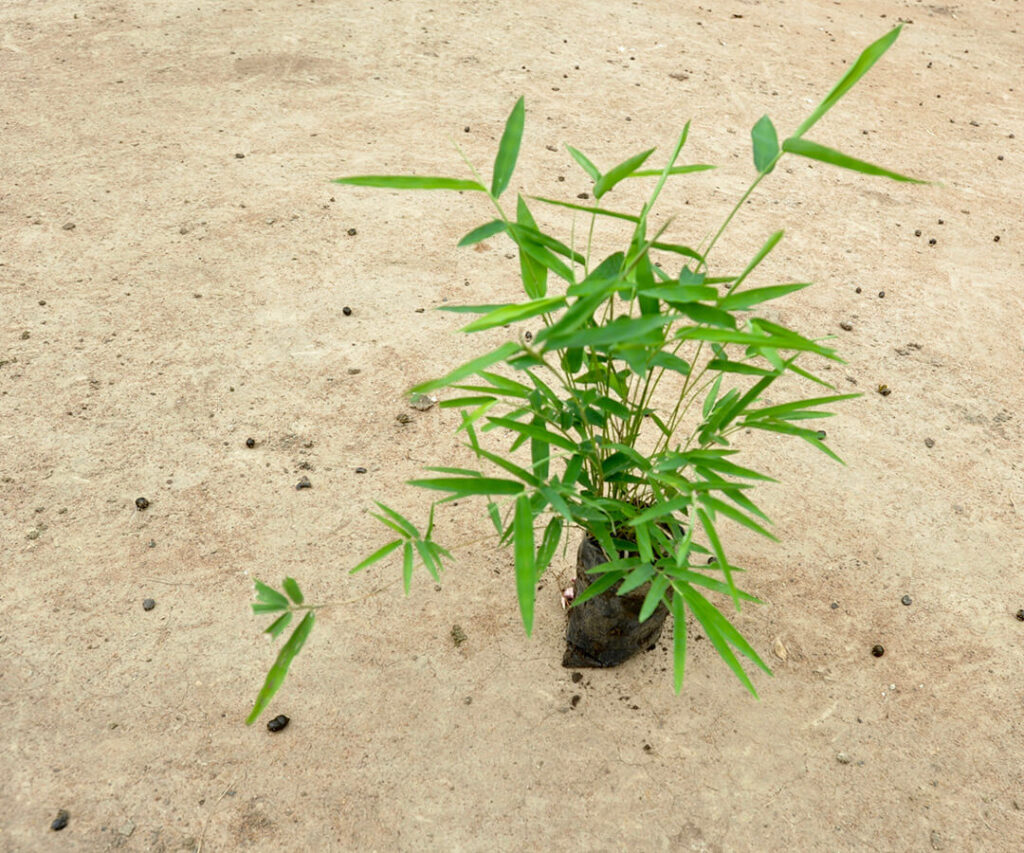Carbon Credits
What we offer
Bamboo Carbon
credit projects
Bamboo Carbon
Offsetting
Work in progress
Bamboo Uganda is working towards the development of methodologies and models to apply on the different value chains of the bamboo business. Even though many people are convinced of the huge environmental advantages of bamboo growth, processing and renewable energies, there is still a lack of research to quantify this into carbon credits. With Bamboo Uganda we will push applied research and develop hands on models to actually start using carbon credits in the bamboo industry. With these credits we will fund research, innovation and social change.


Reforestation / afforestation
Afforestation/reforestation of degraded lands in Uganda by the plantation of bamboo forests.
The difference of carbon sequestration before and after can be transformed into carbon credits.
⌲ Encourage further plantations

Storage of Co2 in bamboo products
Storage of carbon in green bamboo products as an alternative for petrol based products.
⌲ Further product development of bamboo products

Avoided deforestation
Bamboo renewable energies, provide an alternative for traditional charcoal from forests and natural reserves.
Carbon credits can be generated if we can proof that our bamboo renewable energies are avoiding further deforestation in Uganda.
⌲ Research in more efficient bamboo fuel

Agroforestry vs. mono-cultures
Agroforestry models store carbon, where traditional agriculture releases it.
⌲ To fund the transition from traditional agriculture to bamboo agroforestry combined with a social model of block farming